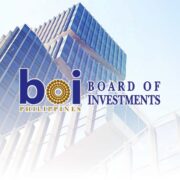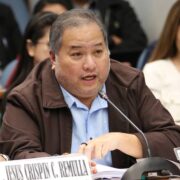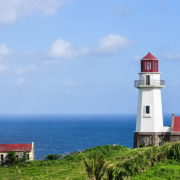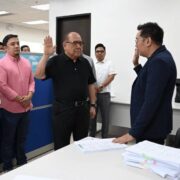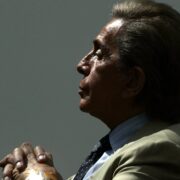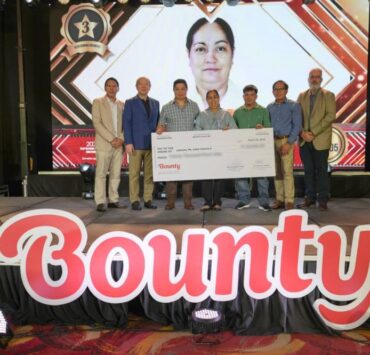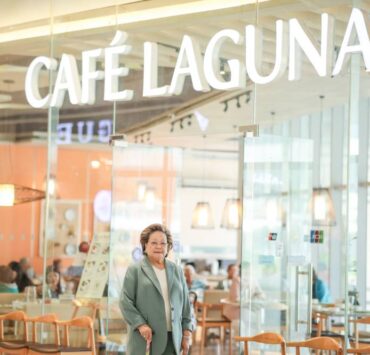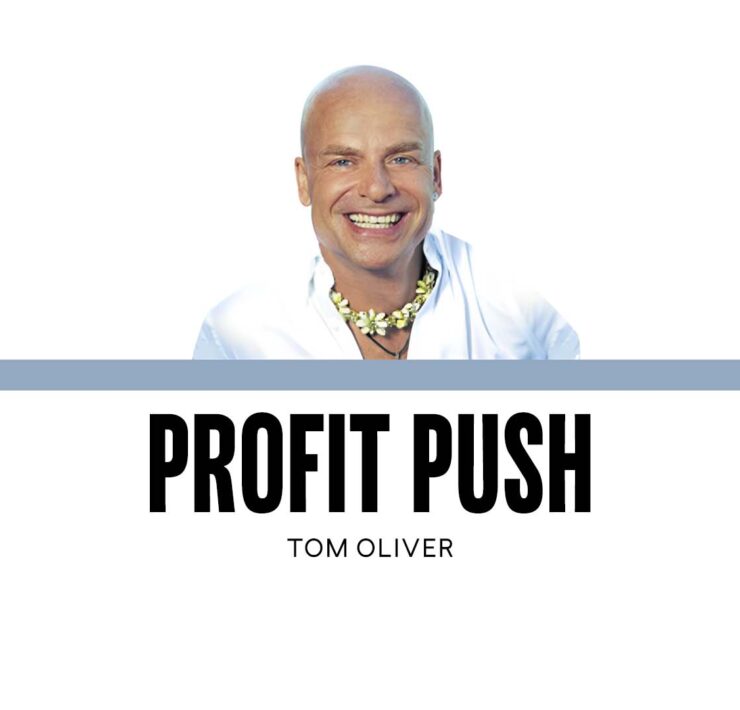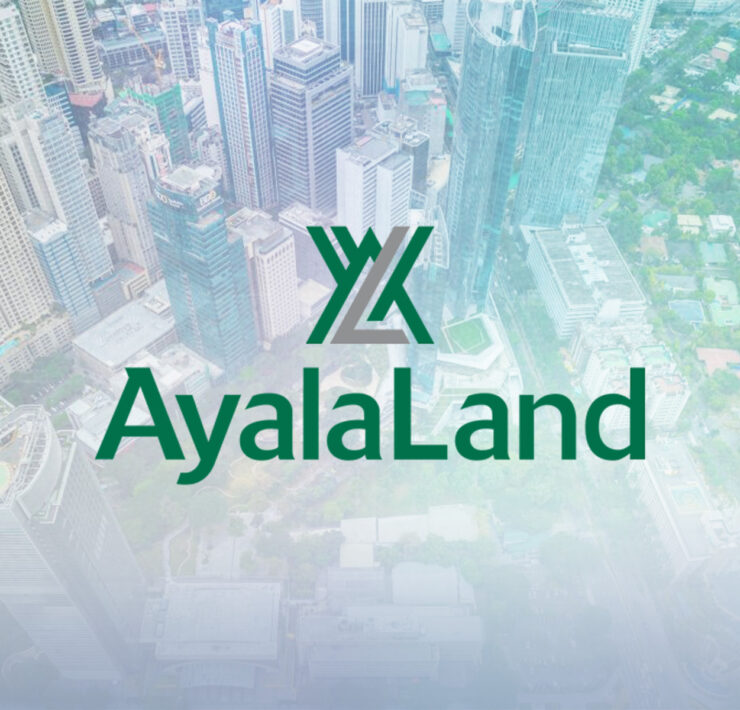Next-gen leaders tackle old, new challenges
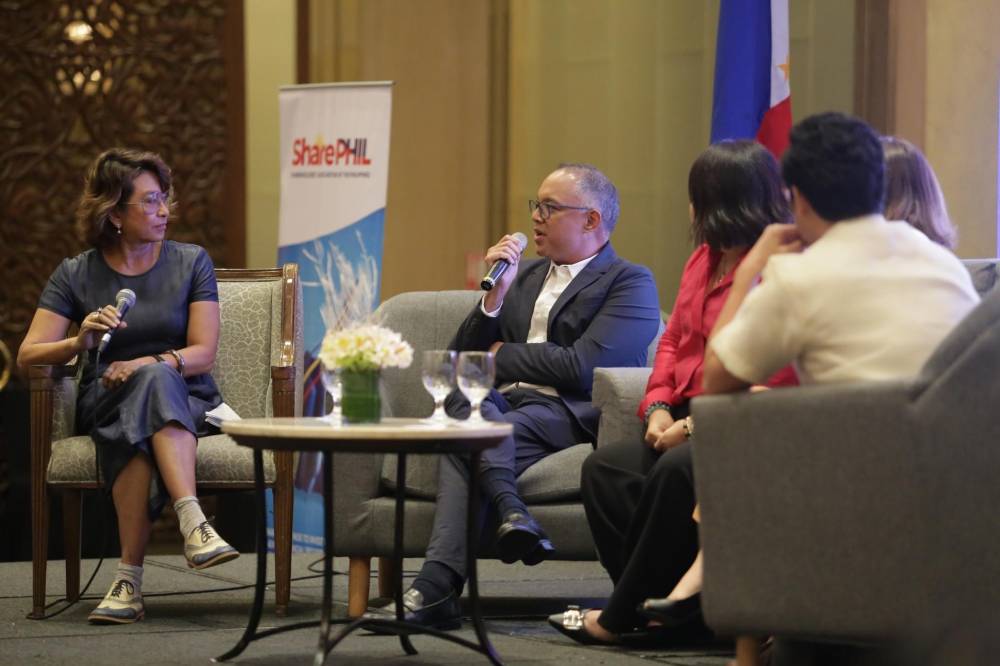
The challenges and opportunities that they tackle now are much different—but no less overwhelming—compared to those that the previous generations of stewards had to deal with.
Whether they are in the banking, hotel, housing or mining business, next-generation leaders are increasingly striving to build purpose-driven organizations that are mindful of employees, communities and the entire planet.
Some people think that it’s an easier journey to the top for those who have the right bloodline. But more and more of those scions will beg to disagree.
In a forum hosted by the Shareholders Association of the Philippines (SharePhil), incoming Union Bank of the Philippines CEO Ana Maria Aboitiz-Delgado, Nickel Asia Corp. president Dennis Zamora, Filinvest Hospitality Corp. first senior vice president Francis Gotianun and Ovialand president Pammy Olivares-Vital shared their leadership journey.
After graduating from Boston College with a degree in art history and painting, Delgado spent two years at UnionBank, starting her career as a product manager.
“Towards the end of my second year, I asked myself the question: are they moving me around and are they giving the opportunities because my father owns shares in this bank? I couldn’t live with not knowing the answer,” Delgado says in a fireside chat with veteran broadcaster Ces Drilon at the SharePhil forum.
“So I left and I went to Citibank. I want to go to a bank that I knew I couldn’t get a position by asking for connections. None of the local banks would hire me because they’d think I was a spy,” the fifth-generation Aboitiz scion says. “Citi took me. I spent two years there and I got promoted twice, and that gave me the answer that I needed.”
Since returning to UnionBank, she has held multiple positions covering customer experience, small and medium enterprise lending and consumer finance businesses.
By next year, she is all set to take over as CEO.
In the case of Nickel Asia, Zamora had to prove himself to his father that he is a worthy successor to the top post that would have otherwise gone to a professional manager.
“All our lives, he told us he didn’t want a family member to take over. So it never occurred to us that one of us will work in the company,” the second-generation leader recalls.
Before joining the family business, Zamora was a professional analyst at SGV, then dabbled in banking at Jardine Fleming and CLSA, before shifting to renewable energy as an executive at a wind energy development firm.
After 10 years of working for other firms, his dad must have finally realized he’s missing out on talent right under his nose.
He was invited to join Nickel Asia, where he had to earn his keep as well. It took him 13 years to rise to the CEO post.
No silver platter
Meanwhile, third-generation leader Gotianun could have had to resolve the enviable dilemma of whether to work for his father’s side of the business (Filinvest) or his mother’s (DMCI group).
But what was always clear to him was that he wanted to be in the hospitality business—which explains why he ended up with Filinvest.
He did not immediately join the group, however.
After majoring in commerce at the University of Virginia, he worked in the United States at EchoStar, a satellite TV company. He then returned to the Philippines to join TeleTech, a business process outsourcing pioneer in the BPO industry and later pursued his MBA at IESE in Barcelona.
In 2010, he joined Filinvest to lead its strategic expansion into hospitality. Since then, the portfolio has grown to over 1,800 rooms across seven properties under the Crimson, Quest and Timberland brands. In early 2025, the eighth property, Grafik Pine House Baguio, will open.
“It has been a rewarding journey, and I’m proud of what we’ve built over the past 14 years,” he says.
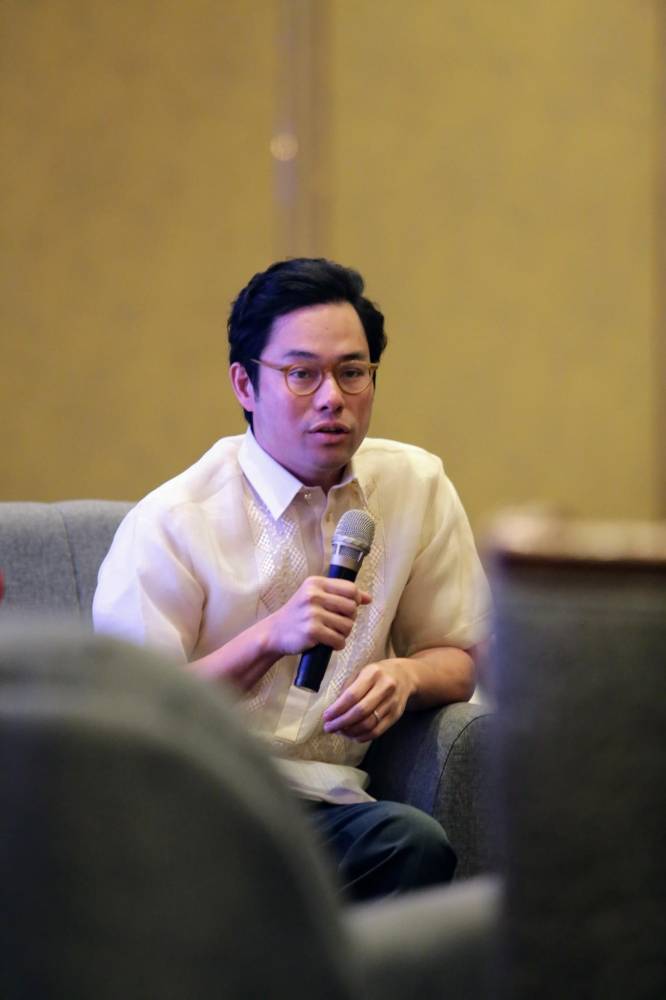
Beautiful balance sheet
Neither was second-generation leader Vital initiated into a business that could already run on autopilot.
“I will tell you I did not inherit a beautiful balance sheet of a company,” she says.
“But what I did inherit from my parents was a very happy childhood and a very good family. So with that, it has made me want to share the privilege of going home to a comfortable home, and wanting to share this with the many Filipinos around us. We grew up in a house with seven brothers and sisters, and the joy and security that you feel going home, that is the biggest thing that we inherited. Building the balance sheet was on our plates,” she says.
Under her leadership, Ovialand is preparing to go public, bringing in real estate veteran JJ Atencio as mentor and strategic partner. She has likewise enlisted a Japanese partner, Takara Leben, to undertake more real estate projects in Laguna and Bulacan.
Evolving challenges
Delgado says it’s imperative for leaders to keep talents, especially the younger generation, engaged, given the array of options around them.
“So you really have to live up to that brand of leadership and really walk the talk around the theme of purpose-driven, values-led, agile and adaptive [organization],” she says.
“I agree that you really have to lead with purpose, and you need to be able to inspire people to get them engaged in what you’re doing. Without having a clear purpose and clear sense, it’s very hard to keep people, motivate people and compete in this very competitive environment,” adds Gotianun.
Moderator Drilon asks: Is it more challenging now than during the time of their parents and grandparents?
“I think the challenge has really changed. I think things have gotten a lot more complicated, complex and need a lot more subject matter experts, and there’s a lot more choice in what people can do and what they want to do, right? So I think you have to be a salesperson as well to all your people in the organization, to have them come and join you,” Gotianun opines.
Vital notes that when her dad started the real estate business, it focused on the same segment as government housing: providing basic shelter and access to their own homes at low cost.
“But right now, with the new generation, it’s no longer about what you see they need, but what they want. So from being utility versus aspiring for something, it has become a totally different market,” she says.
And with social media, she says it’s possible to wake up to a bad review.
“So you have to be proactive, speed ahead, rather than be defensive,” she says.
Greater transparency
Drilon notes that under the younger Zamora’s leadership, Nickel Asia has become more transparent in its activities.
“My father—I’m sure maybe some of you have met him—he’s a bit unique his personality. He’s a force of nature. He has a very strong personality, but he’s also very reserved. So one of the things that makes me different from him is I want to be more public about the things being done in the company. We’ve been doing all these things for the past 50 years,” he says.
But for Zamora, these days, it’s impossible to avoid talking about what the company has been doing.
“You have to be number one; you have to represent the industry. And second, our shareholders want to know what we’re doing as far as growing the business and improving the image of the company. So I think it’s very important to be transparent about it, even though it’s not in our nature, not in my family’s nature,” he explains.
Transparency is imperative in banking, as well as in any business.
“Banking is built on trust first and foremost. But I also think in today’s business environment, the consumer.. can buy local, global brands in different industries and they can tell the difference between a brand that’s faking it and a brand that’s really representing themselves honestly,” Delgado says.
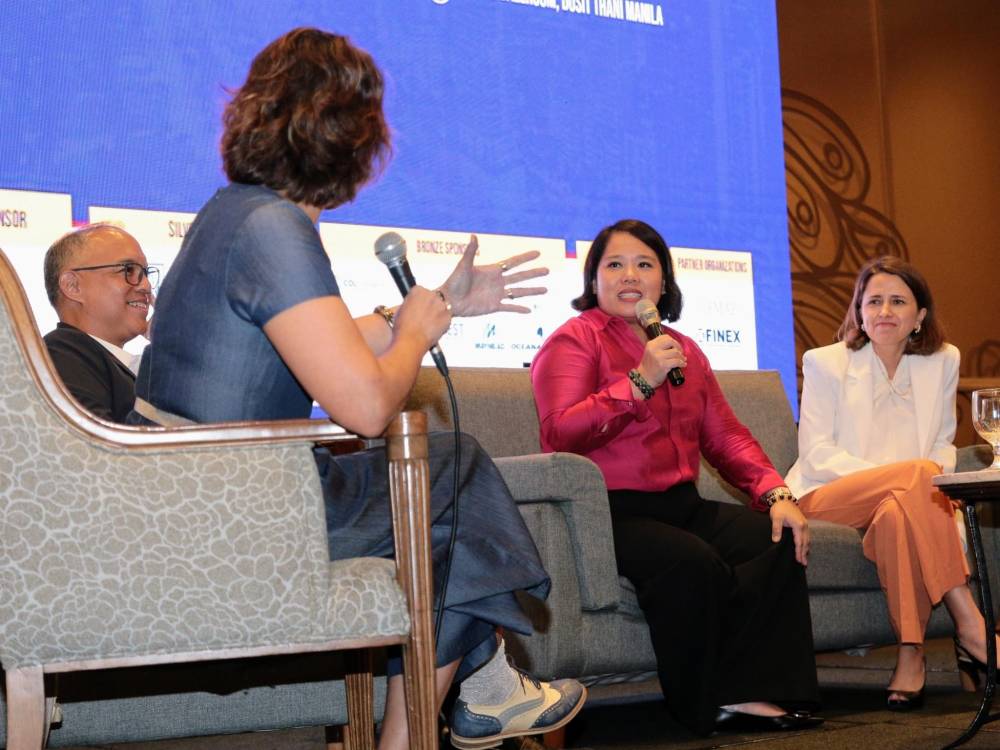
Sustainability thrust
All panelists agree that sustainability should be integral to their operations.
“The way that we think about sustainability is that it’s just good business. Sustainability gives us a framework to think about all the things that we’re doing and measure the impact that we’re having on our various stakeholders. I think sustainability is actually a way of risk management. We think of resilience. So I think it just creates a very nice framework for us to manage how we’re looking at all these different aspects of our business,” Gotianun says.
Even though his parents or grandparents probably didn’t talk as much about it, Gotianun says they have always been good corporate citizens.
“Sustainability is just a way to present the information in a manner in which the market will understand. So I think sustainability is actually not new. We’re just resharpening our sustainability practice, and we’ve been doing this for over 70 years,” he adds.
For instance, he notes how the group seeks LEED (Leadership in Energy and Environmental Design) certification for various projects, referring to the most widely used green building rating system in the world.
For Ovialand, which develops real estate outside urban areas, Vital says it’s important to develop resilient, flood-free communities.
“When it comes to as simple as making a drainage, instead of just building one that will serve the community that we’re building, we opt to build one that will serve the whole barangay so that everybody will have access to that,” she says.
Educating homeowners about waste segregation and proper waste disposal is another example.
“Those are simple ways that we apply ESG (environment, social and governance standards). It’s not just for the luxury market,” she adds.
For Delgado, sustainability agenda is two-pronged. First is about building a sustainable business model.
“You have all of these digital companies that started out eight years ago that have now gotten lost…So we need to make sure that this digital business model that we’re adopting—it gets paper [use] lessened, allows people to do things from where they are, etc.—but it has to really be a sustainable model. Otherwise, why go into it?”
Secondly, the sustainability of the business model is about being mindful of human resources, she suggests.
“When we’re all working from home during the pandemic, business life was not sustainable. We were working.. how many hours a day. There was no balance, and therefore, people started to get burned out. So in terms of our business model, the way we want to get our employees to work and have work-life balance also leads to sustainability in the banking sector,” she says.
Aside from diversifying into renewable energy, Zamora notes that Nickel Asia makes a big effort to measure ESG targets, including carbon emissions.
“We’re one of the first mining companies to have an integrated report, so our sustainability report is not separate anymore from our annual report. Our financial targets are closely linked, integrated to our sustainability targets. But we’re just in the process of gathering the data and reporting. So we’d like to say that even if the data is not good, we’re going to report whatever it is.”


